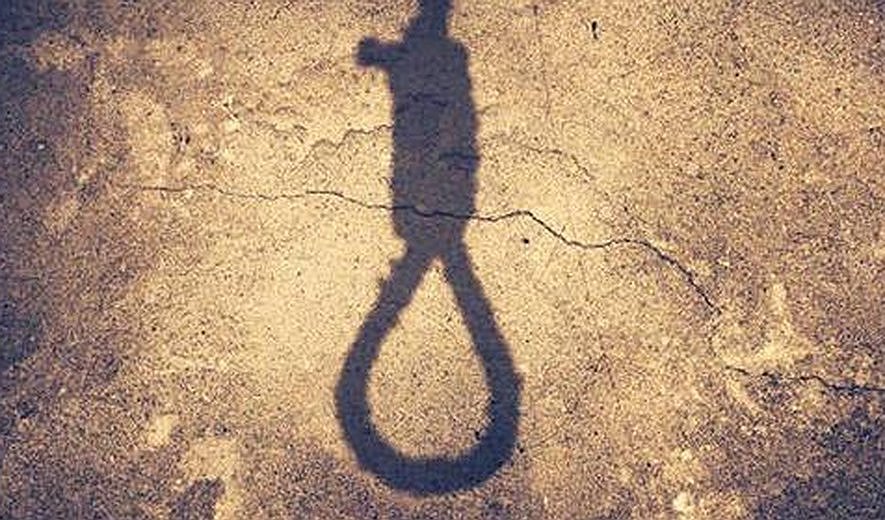Juvenile Offender Executed in Iran

APRIL 12,
2019
Iran Human Rights (IHR); April 12, 2019:
According to confirmed information received by IHR, a juvenile death row
prisoner identified as Abolfazl Naderi was
executed in September 2018 at Arak’s Central Prison. Abolfazl is the
seventh juvenile offender being executed by the Iranian authorities in 2018.
IHR can confirm
information about the execution of Abolfazl Naderi, a juvenile offender who was
arrested at the age of 16 for an alleged murder. He had on several occasions
denied any involvement in the crime and emphasized that his confessions were
extracted under torture. However, he was executed on September 2, 2018, at the
age of 23.
Amnesty International had
previously reported that Abolfazl Naderi was arrested in June 2012 after he
went to the police to report his friend’s suicide. The police rejected the
suicide claim and insisted that the deceased had been murdered. Abolfazl Naderi
was subsequently charged with murder as well as consuming alcohol and sodomy
(lavat). The latter charge was brought based on a forensic report that noted
signs of anal bleeding in the body of the deceased and linked them to possible
penetration.”
Abolfazl who was sentenced
to death following an unfair trial before Branch One of the Criminal Court in
Markazi Province emphasised that “police officers hanged him from the ceiling,
flogged him on the soles of his feet, beat him with a wooden rod, and denied
him drinking water.” During 14 days of interrogation, when the alleged tortures
happened, he was held in solitary confinement without access to his family and
lawyer.
Moreover, Abolfazl was not
sent to forensics to estimate his mental maturity. Under Article 91 of the
Islamic Penal Code which was added to the law 6 years ago, judges are allowed
to issue alternative verdicts for the minors. The juvenile offenders whom a
judge considers not mature enough to realize the nature of the crime, can face
prison terms. However, it is up to the presiding judge’s discretion to deem the
juvenile mature enough to understand the nature of the offense. Otherwise, the
Islamic Penal Code puts the age of criminal responsibility for males at 15 and
9 for females. In Abolfazl’s case, Article 91 was not considered at all.
No comments:
Post a Comment